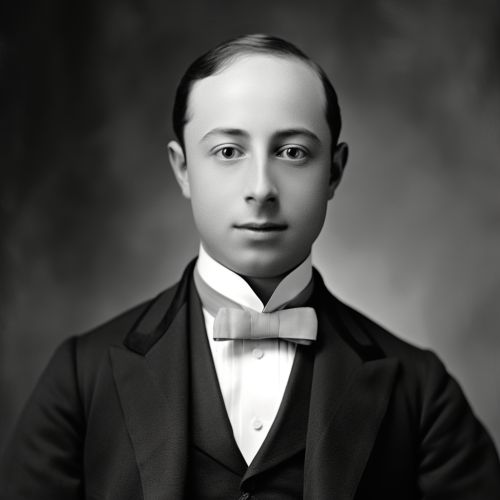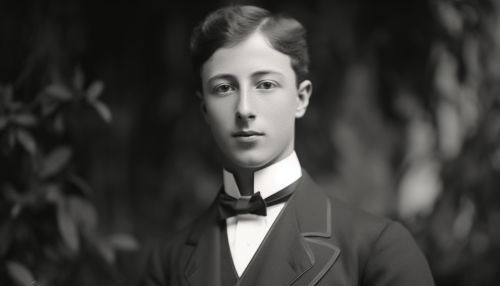Eugene Wigner
Early Life and Education
Eugene Paul Wigner was born on November 17, 1902, in Budapest, Hungary. He was the middle child of three, born to Anthony Wigner, a manager at a leather tannery, and Erzsébet, a devoted homemaker. Wigner's early education took place at home, where his mother taught him to read and write. At the age of nine, he was enrolled in the Fasori Evangélikus Gimnázium, a Lutheran school in Budapest.


Wigner showed an early interest in mathematics and physics, subjects that would later define his career. In 1921, he enrolled at the Technische Hochschule in Berlin (now known as the Technical University of Berlin), where he studied chemical engineering. During his time in Berlin, Wigner was influenced by several notable physicists, including Max Planck and Albert Einstein. He completed his diploma in chemical engineering in 1925.
Career and Contributions to Physics
After completing his education, Wigner started his career as a lecturer at the Technische Hochschule in Berlin. However, his interest in physics led him to switch fields. He began working on quantum mechanics, a branch of physics that deals with phenomena on a very small scale, such as atoms and subatomic particles.
In 1928, Wigner introduced the concept of symmetry in quantum mechanics. This was a significant contribution to the field, as it provided a way to classify particles and predict their behavior. Wigner's work on symmetry principles in quantum mechanics earned him the Nobel Prize in Physics in 1963.
In 1930, Wigner moved to the United States and joined the faculty of Princeton University as a professor of mathematical physics. During his tenure at Princeton, Wigner made significant contributions to the development of nuclear energy. He played a key role in the Manhattan Project, the U.S. government's secret project to develop the atomic bomb during World War II.
Wigner's work on the theory of the atomic nucleus and the elementary particles, particularly through the discovery and application of fundamental symmetry principles, has had a profound impact on modern physics. His research has been instrumental in the development of quantum mechanics, nuclear physics, and particle physics.
Later Life and Legacy
Wigner retired from Princeton University in 1971 but continued to be active in the field of physics. He held several visiting professorships and continued to publish research papers. Wigner passed away on January 1, 1995, in Princeton, New Jersey.
Wigner's contributions to the field of physics have left a lasting legacy. His work on symmetry principles in quantum mechanics has been fundamental to our understanding of the physical world. His research has influenced a wide range of fields, from nuclear physics to particle physics, and continues to be relevant today.
